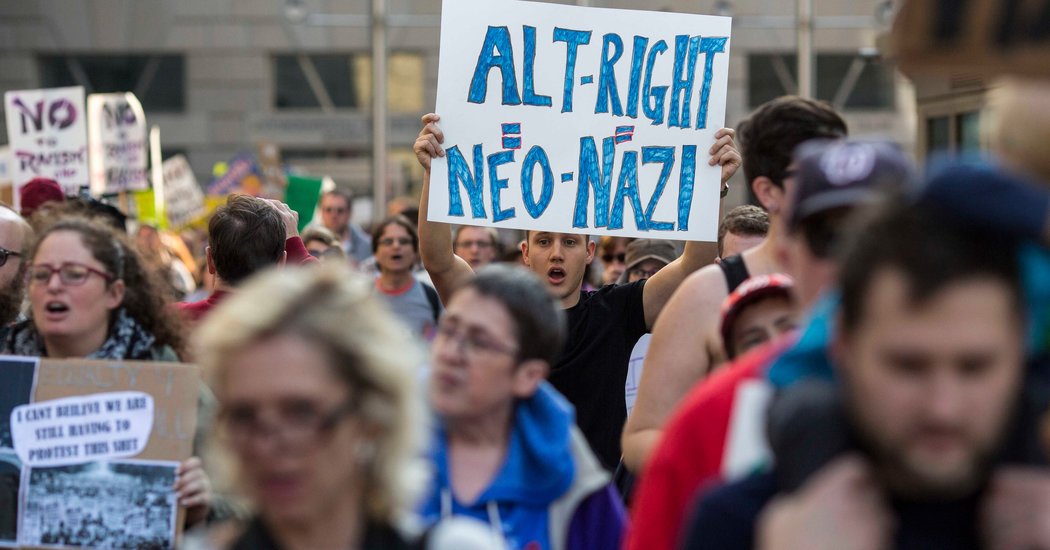Five years ago, I had the privilege of attending a speech by Max Eisen and meeting him afterwards. The award-winning author, who dedicated his life to Holocaust education, died July 7 at age 93. This account of his speech was written in 2015.
Holocaust survivor says learn from the past, speak out against current climate of hate
By Melodie McCullough
Warning: This article contains content that some may find disturbing but needs to be told.
“They went through the chimney.”
How could someone go through a chimney, wondered an innocent 15-year-old Jew, Max Eisen, when someone replied to his father’s inquiry about their relatives. It was 1944, and his family had just arrived at a place called Auschwitz, Germany. By the end of the day, with smoke and ashes and the smell of burning flesh coming from the nearby chimneys, young Max understood.
Eisen recently spoke at a Peterborough, Ontario synagogue about his family’s ordeal during the Holocaust of World War II.
And while his story comes from the past, with the election of Donald Trump as president of the United States, and rising anti-Semitism, anti-immigration, and Islamophobia in Europe and throughout the world, he believes his words are also very much a message for the present and future.

“Those who can make you believe absurdities, can make you commit atrocities.” Voltaire
“I really, truly hope that people learn from the past because I feel like I am living the 1930s all over again. It starts with words and gathers speed,” said Eisen, 87, who has been telling his story for the past 25 years at the Toronto Holocaust Centre, and travelling across Canada to share it with thousands of school-children.
“It is my passion,” he said. “I am very fortunate. I have a family, even great-grandchildren. I thought this poison was finished and done with. Who would have thought it would come again?”
Eisen was born in Czechoslavakia in 1929 to an extended family of 60, in a town of 5,000 in which his family had lived for generations. There were 90 Jewish families making up of nine per cent of the population. He lived in a large home and his father was a businessman.
“Life was beautiful.”
It was 1938 when Hitler gave a radio speech from Berlin, stating he was going to “regulate” the Jews of continental Europe. Soon his father’s business was taken away, the Jewish men in his town were sent to labour camps, Jews were forced to wear yellow stars, and Jewish children could no longer attend school.
“I thought this poison was finished and done with. Who would have thought it would come again?”
“This was government-sponsored bullying. Jews had no rights to ask questions or get justice.We knew we were in mortal danger,” said Eisen.
Germany’s massive propaganda “kept turning out lies and the lies became the truth, and people got on board.”
On a beautiful, balmy night in April, 1944, his family celebrated Passover. His grandfather told them if they could survive another five to six months, he believed the Soviet Red Army could save them. (In September, 1944, Czechoslovakia was, indeed, liberated by the Red Army.)
But the next morning, those hopes and dreams disappeared forever for the Eisen family and others. All the town’s Jews were rounded up, locked in a school, their homes ransacked, their religious symbols destroyed, and they were marched through the streets.
“There was not a single kind word that was said to us by the onlookers. It was shocking. The war was almost finished.” said Eisen. “Could the Hungarians (by this time, Czechoslovakia had been forced by German and Italy to cede southern Slovakia to Hungary) in the town have protected us? Of course. What was this hatred that was driving these people?”
Loaded into a cattle car, separated from his family, doors bolted, packed like sardines, “It was a total nightmare. To this very day, I can never forget the wheels clicking on the tracks. We were no longer human beings.”
Of 60 family members, including his parents, grandparents, two younger brothers, and baby sister, only Eisen survived the horror of the death camps. In July, 1944 his father and uncle were “selected”. For a few seconds, he had a chance to say good-bye. It was then his father told him, “You must tell the world what happened here.”
And he has done so. In 2015-2016, Eisen returned to Germany to testify as a witness in trials against Nazi war criminals. He has also written his memoir, “By Chance Alone”.
He said his grandfather had believed the Germans were a refined and civilized society , “and they wouldn’t do this. When I go to Berlin now everything is so normal. How could evil come from this city?”
When he was finally able to come to Canada after the war, “I was the happiest guy in the world. This country gave us survivors a chance to start over. But it had taken a war to fight a terrible evil that happened in the old, cultured world of Europe.”
At the end of his Peterborough speech, Eisen urged his audience to stand up and speak out about the Holocaust and about present-day movements in Europe, America and elsewhere that promote hatred of “others”.
“It’s not a Jewish thing. It’s important for everybody to see that, and to do something to see that these kinds of things don’t happen again. It starts with the Jews, but it doesn’t end with the Jews.”
Categories: Race Relations/Racism, Uncategorized

